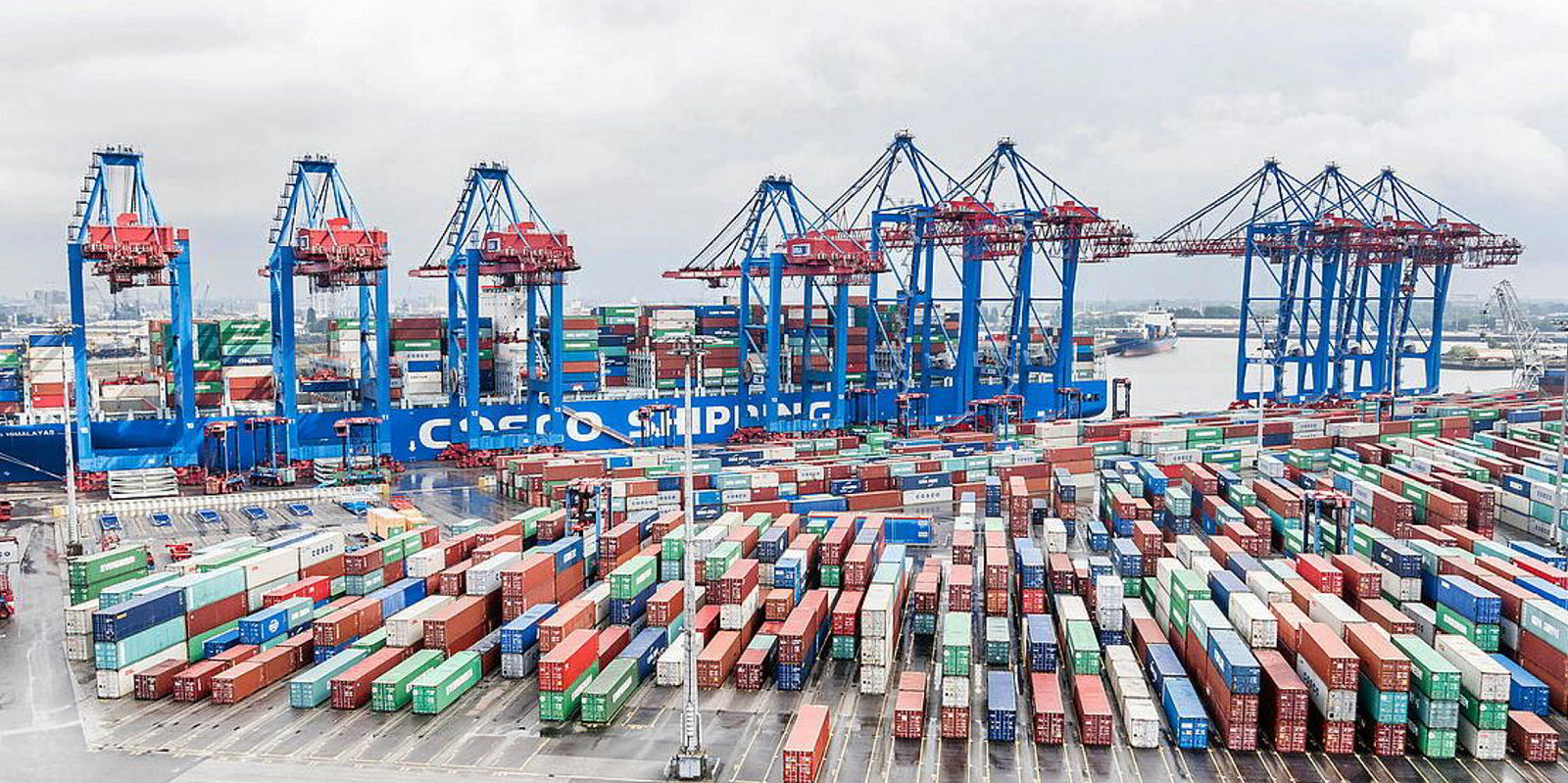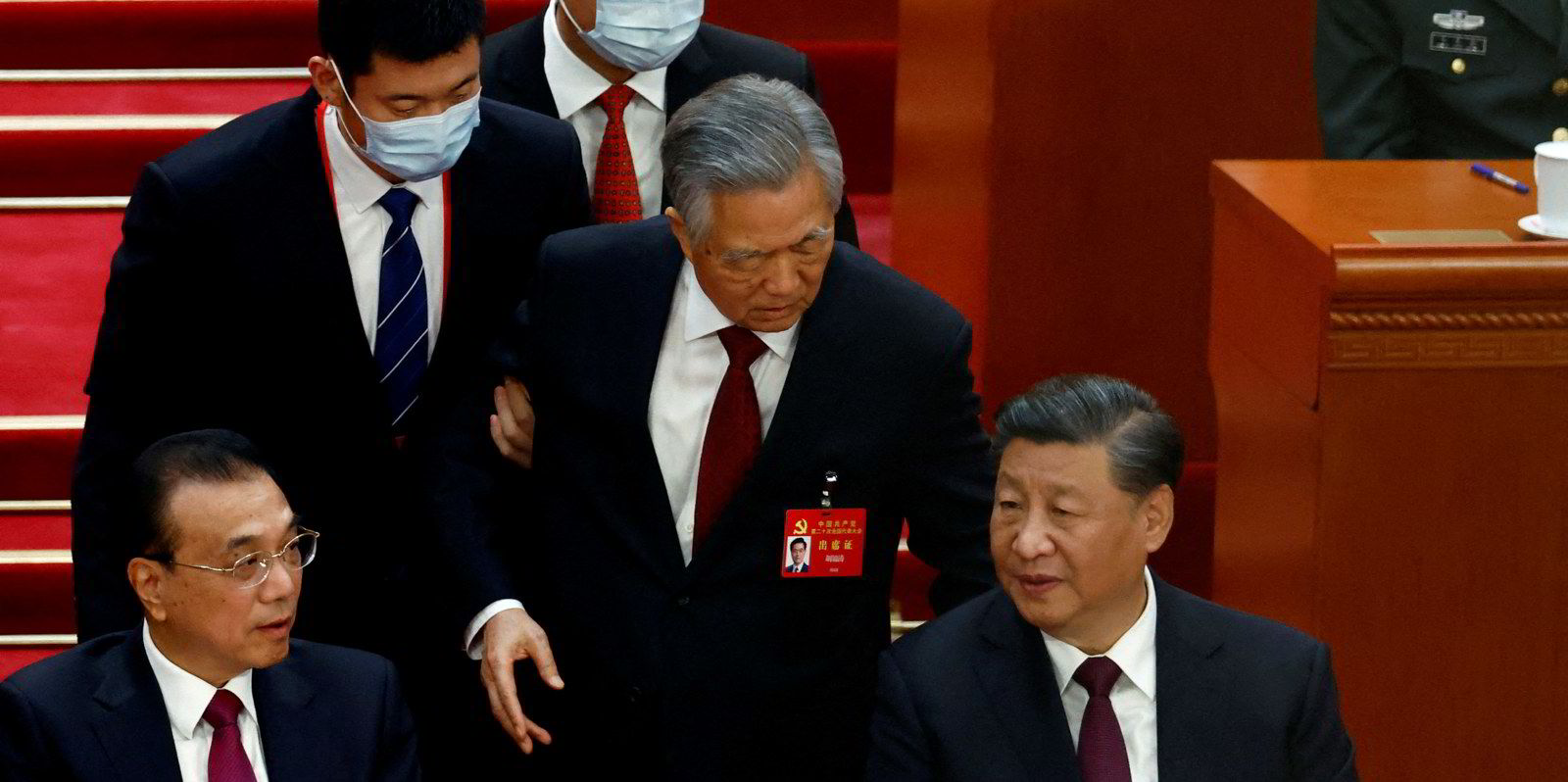Germany is reviewing last year’s decision to allow Chinese shipping giant China Cosco Shipping to buy into a Hamburg terminal.
Reuters cited an economy ministry spokesperson as saying the state will re-examine a deal agreed in October last year that would see the shipowner take a stake in one of port operator Hamburger Hafen und Logistik AG's (HHLA) three facilities.
Hamburg’s Container Terminal Tollerort (CTT) has since been classified as critical infrastructure, placing the agreement in doubt.
The ministry spokesperson said it was now being determined whether and how Cosco would be allowed to invest.
China’s foreign ministry has asked Germany to be “objective and rational” in its review.
“The German side is very clear about the ins and outs of the Hamburg port issue,” Chinese foreign ministry spokesperson Wang Wenbin said.
“We hope the German side will refrain from politicising commercial cooperation, making it something about ideology or security, and setting barriers to such cooperation.”
German chancellor Olaf Scholz, a former mayor of Hamburg, had approved Cosco taking a 24.9% stake, down from a planned 35%, due to resistance from his coalition partners.
HHLA confirmed that its Hamburg container terminals had been registered as critical infrastructure at the start of the year.
Security concerns
TradeWinds reported that the October deal came after weeks of internal wrangling over security concerns.
Cosco was to be barred from wielding veto powers over strategic decisions and appointing members to the terminal’s board.
The Chinese group already wields control over other European ports, most notably the Piraeus Port Authority.
Its investment there, agreed in 2008, has been an undisputed success. It boosted the Greek port’s business and catapulted the Piraeus port from a marginal outpost to one of Europe’s largest container ship hubs.
However, Cosco’s planned investment in Hamburg comes amid a much-changed geopolitical landscape, with China being increasingly viewed in Western public opinion as a commercial and security threat.
Such feelings have become particularly intense in Germany after Russia — Germany’s biggest energy supplier — throttled natural gas exports to the country as part of mutual sanctions following the war in Ukraine.





